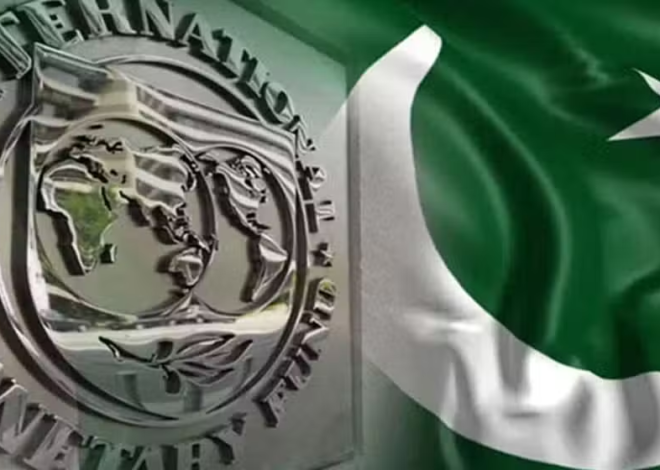
Government Announces Small Cut in Petrol Price
In a move aimed at providing modest relief to consumers, the Government of Pakistan has announced a reduction in petrol prices. Effective from February 16, 2025, the price of petrol has been decreased by Re1 per litre, bringing the new rate to Rs256.13 per litre. This adjustment follows a similar reduction in high-speed diesel (HSD) prices, which have been lowered by Rs4 per litre to Rs263.95. The decision, communicated through a notification from the Finance Division, reflects the government’s response to recent fluctuations in the international oil market .
Factors Influencing the Price Adjustment
The Oil and Gas Regulatory Authority (OGRA) conducted a thorough review of global oil market trends before recommending the price changes. Analysts suggest that the recent drop in international oil prices, influenced by factors such as potential peace talks between Russia and Ukraine, has contributed to the government’s decision to pass on some of the savings to consumers .
Impact on Consumers
While the reduction in petrol prices is a welcome development, the modest decrease may have a limited immediate impact on the daily expenses of consumers. Petrol is predominantly used in private transportation, small vehicles, rickshaws, and two-wheelers. Higher fuel prices significantly affect the budgets of the middle and lower-middle classes, who primarily consume petrol for commuting. Therefore, even a small reduction can offer some financial relief to these segments of the population .
Challenges in Implementation
Despite the government’s efforts to reduce fuel prices, challenges persist in ensuring that the benefits reach the consumers effectively. In December 2023, following a significant reduction in petrol prices, reports emerged of petrol pumps halting fuel supply, citing exhausted stock. This disruption led to public inconvenience and highlighted issues in the supply chain that need to be addressed to ensure consistent availability of fuel at the revised prices .
Broader Economic Context
The government’s decision to adjust fuel prices comes amid ongoing efforts to manage inflation and stabilize the economy. While the reduction in petrol prices may not lead to immediate drastic changes in the cost of living, it reflects the government’s commitment to mitigating the financial burden on consumers. However, for sustained relief, comprehensive measures addressing various economic factors, including supply chain efficiency and inflation control, are essential.
Conclusion
The recent reduction in petrol prices by Re1 per litre signifies the government’s responsiveness to international market trends and its intention to alleviate some financial pressure on consumers. While the immediate impact may be modest, it underscores the importance of continuous monitoring of global oil markets and domestic economic conditions to make informed decisions that benefit the public. Moving forward, ensuring the effective implementation of such policies and addressing systemic challenges will be crucial in delivering tangible relief to the populace.







